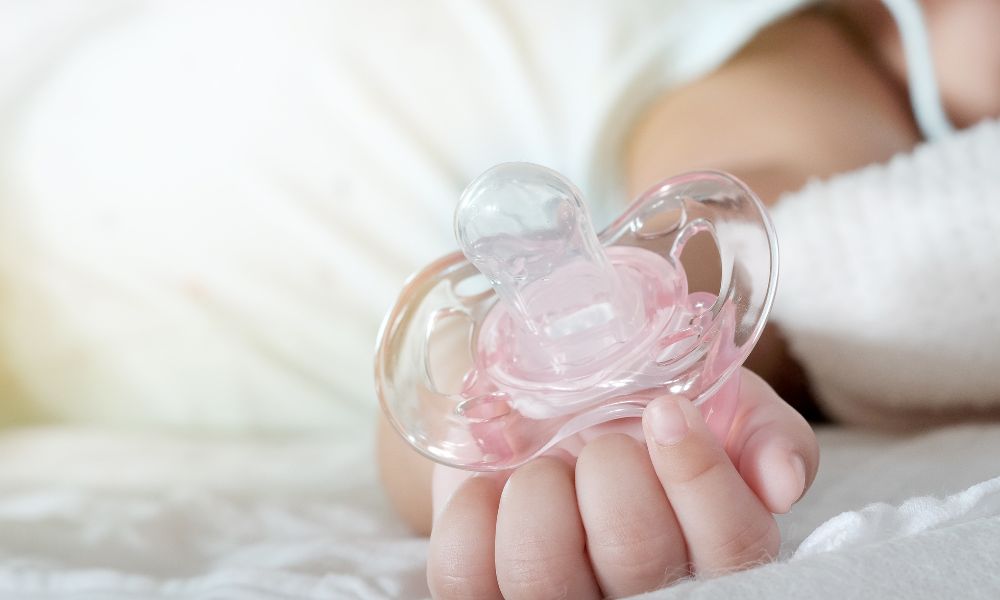As parents, we all want the safest products for our little ones. We’re always on the lookout for any potential hazards, whether it’s the food they eat or the toys they play with. Bisphenol A, commonly known as BPA, is one such hazard that’s been in the spotlight for a while. We have five reasons to avoid BPA in your baby’s products listed below.
1. BPA’s Effect on Brain Development
Research has shown that BPA can adversely affect brain development in infants and young children. This chemical can mimic estrogen and other hormones in the body, disrupting the normal functioning of certain genes. This disruption is particularly concerning during a child’s developmental stages when hormonal balances are crucial for proper brain development. You reduce the risk of the chemical interfering with your baby’s natural growth processes by choosing BPA-free products.
2. Potential Hormonal Disruption
Let’s dive further into how BPA can affect hormones. BPA, a known endocrine disruptor, can interfere with the normal hormonal balance in infants and young children. Hormones play a crucial role in various bodily processes, including growth, metabolism, and sexual development. Exposure to BPA can disrupt these delicate hormonal systems, potentially leading to long-term health issues. Studies have indicated that BPA may contribute to hormonal imbalances, which could have adverse effects on reproductive health and fertility in the future. You can minimize the risk of hormonal disruption and promote healthier development for your baby by choosing BPA-free products.
3. Potential Link to Behavioral Issues
Medical and scientific professionals have associated long-term BPA exposure with behavioral issues such as hyperactivity, anxiety, and depression. The endocrine disruption properties of BPA may play a role in altering children’s behavior, posing a risk for long-term psychological effects. Therefore, choosing the right pacifier for your infant, and any other plastic products, is important as ones containing BPA could impact your baby’s behavior long-term.
4. Impact on the Immune System
A strong immune system starts with healthy early-life experiences, including minimal exposure to harmful chemicals. BPA can negatively impact the immune system, possibly leading to a greater susceptibility to infections and illnesses. With an underdeveloped immune system, babies are more vulnerable to sickness and long-term illnesses.
5. Possible Worsening of Existing Health Conditions
Avoiding potential triggers that might aggravate a condition is especially important for children with pre-existing conditions like autism. While research is ongoing, some studies suggest that BPA could worsen symptoms associated with autism spectrum disorders due to its hormonal activity. While it’s not conclusive, the precautionary principle suggests that it’s better to err on the side of caution and opt for BPA-free products.
These five reasons to avoid BPA in your baby’s products can sound scary at first. After all, we don’t want anything to harm our children. Take a deep breath and focus on making positive changes instead of feeling afraid. Throw out any products containing BPA and shop for alternatives when possible. Discuss any concerns you have about BPA exposure, brain development, behavior issues, immunocompromising, and existing health conditions with a medical professional.






